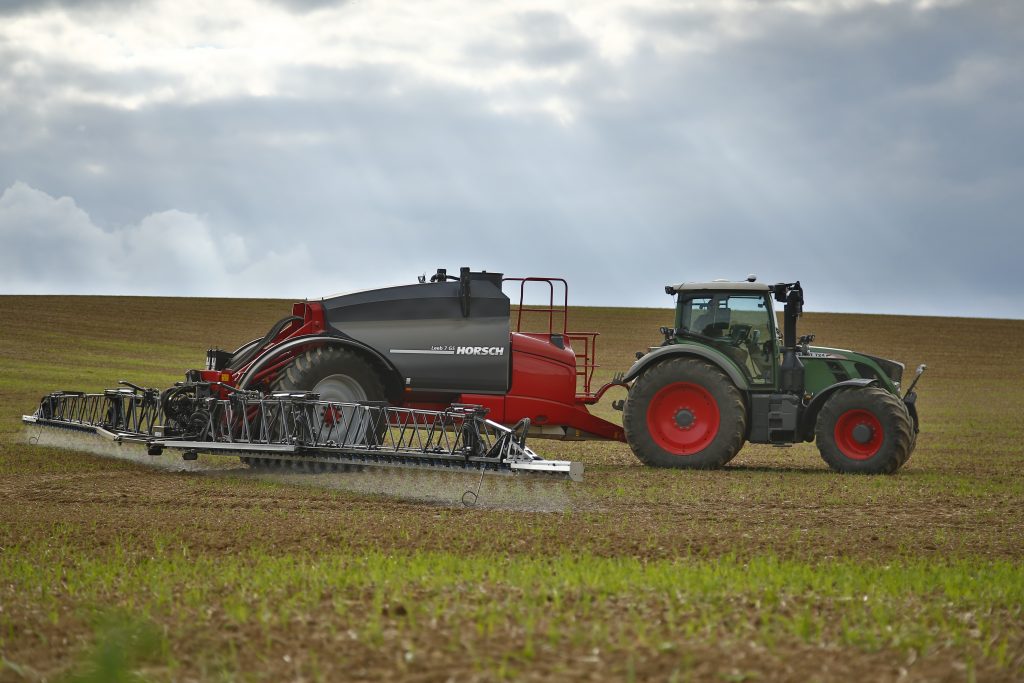Prepare for black-grass control after cold spell
2nd March 2018
Cold weather and snow has brought field work to a halt but once the Siberian conditions have passed, a busy period will kick off with post-emergence herbicide treatments in wheat.
Cold weather and snow has brought field work to a halt but once the Siberian conditions have passed, a busy period will kick off with post-emergence herbicide treatments in wheat.
Yorkshire agronomist Patrick Stephenson is not expecting to apply herbicides until the second half of March. “At the moment it’s very cold but I would imagine that we’ll get out with a post-em such as Monolith (mesosulfuron + propoxycarbazone) around the 20th March once things have warmed up a bit.
“Overall, I think the weather is going to do us a favour because weeds aren’t growing and there is a chance for soils to dry out. So far, pre-emergence herbicides have worked well. Based on field walking and observations I would assess that the control is above 80% from Liberator (flufenacet + diflufenican) followed by Crystal (flufenacet + pendimethalin) which is about as good as you can expect.”
Mr Stephenson aims for a zero-tolerance policy with black-grass so he believes it is worth using Monolith to give another 50% or so control on top of the 80% or so from the pre-em to take total control above 90%. With cultural control tools in the rotation as well, it will all help to reduce the weed seedbank.
Monolith is widely available this spring and he is keen to see how it performs. “I expect most people will take a look at Monolith this year to see what it can offer. Both black-grass and brome are a problem in this area, so I’m interested to find out what it can do to boost control.”
With post-em applications delayed until late March, ground conditions will be critical, according to Ben Giles of Bayer. “Even if the soil surface looks quite dry, it is usually still wet and sticky just beneath so the amount of rainfall over the next couple of weeks is going to be really important in dictating when we can apply a post-em.” Based in Oxfordshire, much of the land in Mr Giles’ area is heavy clay and prone to prolonged waterlogging, lighter land areas are likely to be ready for travel sooner.
Application conditions are also important whether farmers are using Monolith or Atlantis WG (mesosulfuron + iodosulfuron) to control black-grass. “Active growth is essential to get efficacy from the post-em so make sure plants have woken up after this cold spell,” says Mr Giles. “Don’t underestimate the importance of sunlight – a few bright days will kick-start active growth. I’ve seen good results in previous years from applications made on bright days in February.”
Mr Giles offers a note of caution for farmers planning their workload for the next month: “Nature has a tendency to catch up after it’s delayed so the spray window for post-ems, PGRs and early fungicides may be shortened.
“If things get tight, don’t be tempted to tank mix it all together. I would not recommend mixing anything with Monolith except the adjuvant biopower and a broad-leaved weed herbicide if required.”

